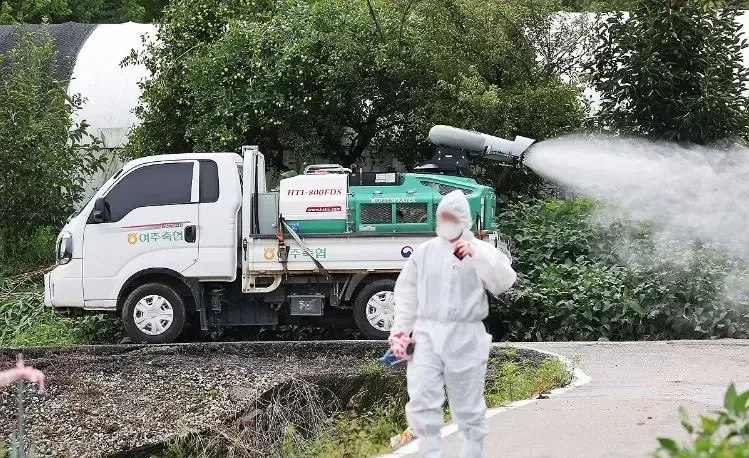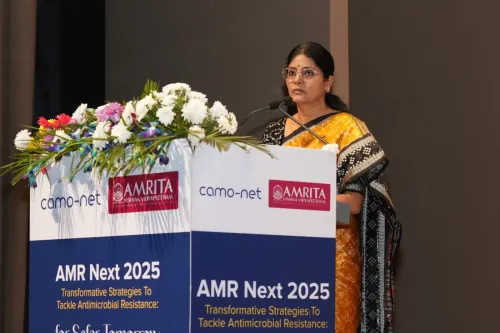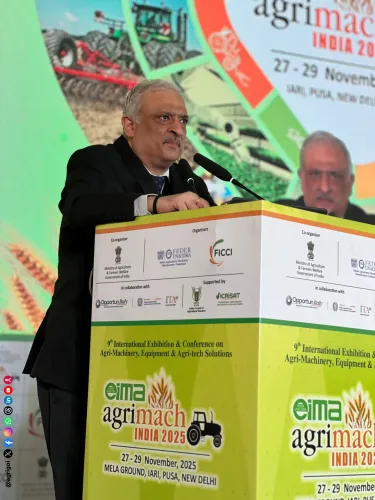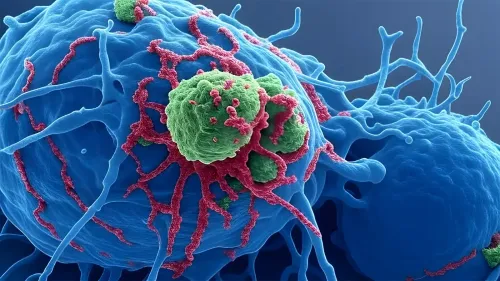South Korea Reports Another Case of Lumpy Skin Disease, Bringing Yearly Total to 24

Seoul, Dec 25 (NationPress) South Korea has confirmed yet another case of lumpy skin disease (LSD) in cattle, which elevates the total count of confirmed instances this year to 24, according to the agriculture ministry.
The most recent case was identified at a cattle farm in Goheung, located approximately 330 kilometers south of Seoul, where 54 milk cows are being raised. This information comes from the Ministry of Agriculture, Food and Rural Affairs, as reported by Yonhap news agency.
In response, the ministry has issued a standstill order for all personnel and vehicles linked to the farm and associated facilities while disinfection operations are underway to curb the disease's spread.
LSD is a highly infectious ailment that leads to skin lesions, fever, and loss of appetite, often causing decreased milk production and, in extreme cases, death. It primarily affects cattle and buffalo and is spread by mosquitoes and other blood-feeding insects.
Previously, in October, South Korea reported another occurrence of lumpy skin disease in cattle, with the latest case identified at a cattle farm in Chungju, approximately 147 kilometers south of Seoul, according to the Ministry of Agriculture, Food and Rural Affairs.
The government is mobilizing all available disinfection vehicles to prevent further disease transmission, the ministry elaborated. They have urged provincial governments to remain alert to the possibility of more cases emerging nationwide and to ensure the complete vaccination of cattle by the end of this month.
The first case of LSD in cattle in South Korea this year was reported in August, confirmed at a livestock farm in Anseong, situated around 65 kilometers south of Seoul, which was breeding 80 cows.
This incident marked the first occurrence of LSD in South Korea since November of the previous year. Furthermore, the agricultural ministry recently announced plans to commercialize a genetic diagnostic kit for LSD by 2025.
Reports indicate that this genetic kit will assist in the selective culling of infected cattle, rather than necessitating the destruction of the entire herd.










